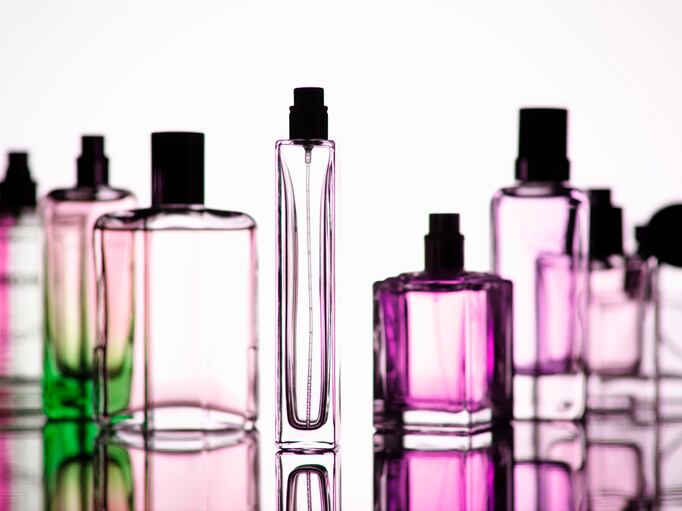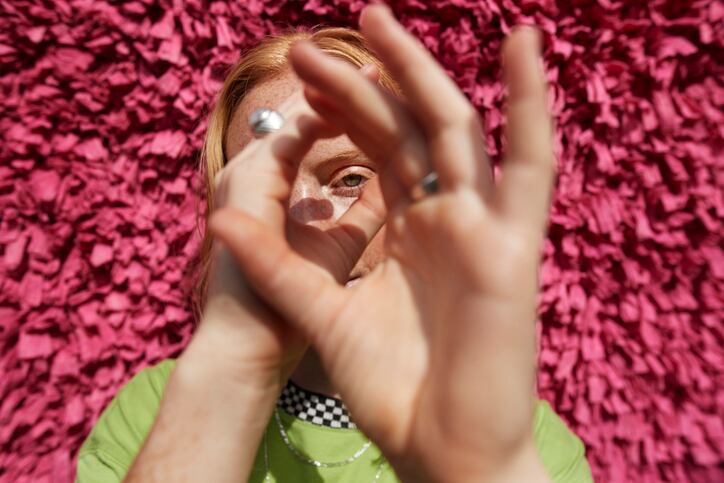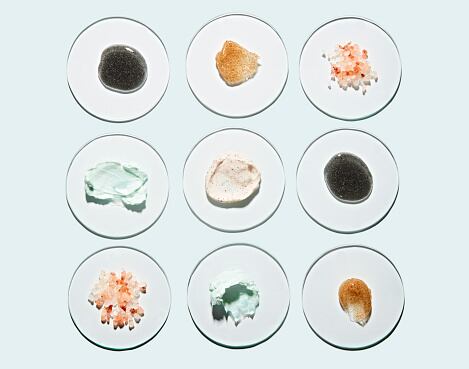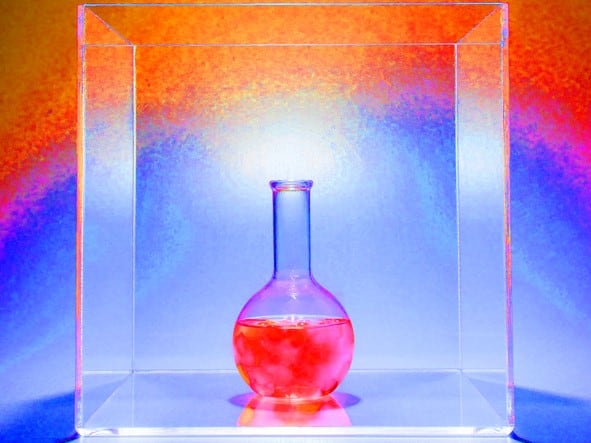The American Society of Perfumers has partnered with Australian sandalwood producer Quintis to hold the competition, being held between October 28, 2021 and March 31, 2022, asking master and junior perfumers to create an Eau de Toilette with at least 1% Quintis sandalwood, with no price limit.
Vanessa Ligovich, chief marketing officer at Quintis, said the point of the competition is to encourage perfumers to be creative with the ingredient which has been largely unavailable for formulation for years.
“Taking it to market has been interesting because there’s this perception that it’s gone,” Ligovich told CosmeticsDesign. “’It’s on the vulnerable species list and we shouldn’t formulate with it because we can’t guarantee the supply’. A lot of the work we’ve been doing in the last 12 months is telling people there is a sustainable supply.”
Bringing Indian sandalwood back to the fragrance market
Before the 1970s, Indian sandalwood trees were being harvested in the south of India by the hundreds of thousand annually until, in 1974, it was discovered there were only around 350,000 trees left, according to a paper written by scholar Ezra Rashkow.
The loss of a reliable source of Indian sandalwood was felt in the fragrance industry because it is not only a premium scent ingredient, often used as a base, but also chemically useful for long-lasting perfumes, Ligovich said.
“It’s got this romance and this history that (perfumers) are all very well aware of,” she said. “It’s got this status. When you have Indian sandalwood in your formulation, it’s a premium formulation.”
Quintis is among multiple Australian plantations now growing Indian sandalwood. Around 20 years ago, Ligovich said Quintis and the Australian government started looking into growing the ingredient in the north part of the island, as it is in the same equatorial zone as the south of India.
After the 15 years cultivation period, the Quintis crop is ready for market, and Ligovich said they are now able to offer a sustainable supply of the ingredient, while avoiding the unethical and illegal harvesting happening in India. Experts believe around 90% of Indian sandalwood on the market today is coming from illegal sources, she said.
On top of sustainability, American Society of Perfumers senior perfumer Vince Kuczinski said Quintis’ product is high enough quality to replace the real thing in formulas.
“The result has been phenomenal, it really is very, very close to the original Indian sandalwood,” Kuczinski said. “As a professional perfumer I can hardly tell the difference, to be honest. The beauty of that is they’re bringing it back in a sustainable way; there will always be a supply.”
Ligovich also said the point of bringing Quintis’ is not to cut out of Indian sandalwood profits in India, as the market is so large, but to offer a supply which is less ethically compromised. She said the company would be happy to work with the Indian government to cultivate ethical sandalwood supplies.
Competition to promote interest, reintroduce ingredient
After having limited access to Indian sandalwood for decades, Kuczinski and Ligovich said they hope to promote creativity with the ingredient for perfumers of all experience levels.
Price limits on the formulations have been removed to promote creativity and Kuczinski said judges like himself will be looking for fragrances which are both unique and centrally feature the sandalwood. The competition will be blind, in that all perfumes will be in the same bottle, and judged by senior perfumers.
Kuczinski said, through feedback, he anticipates international participation in the event.
Competitors must register by November 25, 2021. Entries will be due March 31, 2022 and winners will be announced at the World Perfumery Congress in July 2022.
Two prizes will be awarded, a $7,400 prize for the global winner and a $1,400 prize for a perfumery student or junior perfumer, 10,000 and 2,000 AUD respectively.
“This is an industry-wide initiative to create a better product and the opportunity to do it right,” she said. “For the fragrance industry, there’s more freedom. If you love this ingredient and it’s your ideal base note, it makes your fragrance last and you enjoy formulating with it, then go for it, you don’t need to be concerned with the supply of it.”




